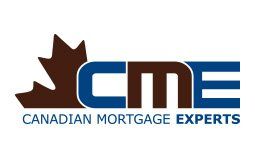Are Mortgage Rates Really Going Up?
DLC Canadian Mortgage Experts • March 2, 2021

With all the economic uncertainty caused by a global pandemic, unprecedented unemployment levels, and government stimulus, mortgage rates have been on a steady decline for almost a year. In fact, we’ve hit some historic lows along the way.
Now, despite the Bank of Canada committing to keeping interest rates low into 2023, if you’ve been listening to the media in the last couple of weeks, you may have heard that interest rates are currently on the rise. But if the government is working to keep rates low, it doesn’t make sense for them to be going up? Well, the key here is to compare apples to apples.
The Bank of Canada controls the overnight rate target, impacting the prime rate, which impacts variable-rate mortgages. In contrast, fixed-rate mortgages get their cue from the bond market.
So while variable rates haven’t moved, the bond market has seen a lot of action, which has caused an increase in fixed-rate mortgages. Since February 5th, Canadian bond yields have surged by almost 0.60%, bringing us to record 12-month highs. In the last 2 weeks alone, we’ve seen rate increases of 0.10% to 0.30% on certain fixed mortgage terms.
So what does this mean for you?
Firstly, make sure you have perspective. There isn’t an emergency here, no need to act rashly. While we’ve seen an increase in fixed-rate mortgages by up to 0.30%, we’re still in a very low rate environment. Two years ago, fixed rates were over 3%, while you can still find terms under 2% today. That’s a huge drop.
Just because fixed-rate mortgages have gone up doesn’t mean you’ll qualify for any less of a mortgage. As the government uses a qualifying rate to stress test your mortgage, the actual contract rate isn’t used to qualify your mortgage.
So, if you’re looking to buy a property in the next little while, interest rates are still very low. It’s a great time to get a rate hold and pre-approval. Let’s talk! At the same time, if your existing mortgage is up for renewal soon or you’d like to refinance to access some equity, interest rates are still very low, historically speaking, we should evaluate all your options. Again, let’s talk!
Regardless of your situation, if you would like a little more clarity on how increasing rates impact you, or if you’d like to discuss mortgage financing, please reach out and contact any of our Canadian Mortgage Experts anytime!. We would love to work with you!
RECENT POSTS

Did you know there’s a program that allows you to use your RRSP to help come up with your downpayment to buy a home? It’s called the Home Buyer’s Plan (or HBP for short), and it’s made possible by the government of Canada. While the program is pretty straightforward, there are a few things you need to know. Your first home (with some exceptions) To qualify, you need to be buying your first home. However, when you look into the fine print, you find that technically, you must not have owned a home in the last four years or have lived in a house that your spouse owned in the previous four years. Another exception is for those with a disability or those helping someone with a disability. In this case, you can withdraw from an RRSP for a home purchase at any time. You have to pay back the RRSP You have 15 years to pay back the RRSP, and you start the second year after the withdrawal. While you won’t pay any tax on this particular withdrawal, it does come with some conditions. You’ll have to pay back the total amount you withdrew over 15 years. The CRA will send you an HBP Statement of Account every year to advise how much you owe the RRSP that year. Your repayments will not count as contributions as you’ve already received the tax break from those funds. Access to funds The funds you withdraw from the RRSP must have been there for at least 90 days. You can still technically withdraw the money from your RRSP and use it for your down-payment, but it won’t be tax-deductible and won’t be part of the HBP. You can access up to $35,000 individually or $70,00 per couple through the HBP. Please connect anytime if you’d like to know more about the HBP and how it could work for you as you plan your downpayment. It would be a pleasure to work with you.

If you’re new to the home buying process, it’s easy to get confused by some of the terms used. The purpose of this article is to clear up any confusion between the deposit and downpayment. What is a deposit? The deposit is the money included with a purchase contract as a sign of good faith when you offer to purchase a property. It’s the “consideration” that helps make up the contract and binds you to the agreement. Typically, you include a certified cheque or a bank draft that your real estate brokerage holds while negotiations are finalized when you offer to purchase a property. If your offer is accepted, your deposit is held in your Realtor’s trust account. If your offer is accepted and you commit to buying the property, your deposit is transferred to the lawyer’s trust account and included in your downpayment. If you aren’t able to reach an agreement, the deposit is refunded to you. However, if you commit to buying the property and don’t complete the transaction, your deposit could be forfeit to the seller. Your deposit goes ahead of the downpayment but makes up part of the downpayment. The amount you put forward as a deposit when negotiating the terms of a purchase contract is arbitrary, meaning there is no predefined or standard amount. Instead, it’s best to discuss this with your real estate professional as your deposit can be a negotiating factor in and of itself. A larger deposit may give you a better chance of having your offer accepted in a competitive situation. It also puts you on the hook for more if something changes down the line and you cannot complete the purchase. What is a downpayment? Your downpayment refers to the initial payment you make when buying a property through mortgage financing. In Canada, the minimum downpayment amount is 5%, as lenders can only lend up to 95% of the property’s value. Securing mortgage financing with anything less than 20% down is only made possible through mortgage default insurance. You can source your downpayment from your resources, the sale of a property, an RRSP, a gift from a family member, or borrowed funds. Example scenario Let’s say that you are looking to purchase a property worth $400k. You’re planning on making a downpayment of 10% or $40k. When you make the initial offer to buy the property, you put forward $10k as a deposit your real estate brokerage holds in their trust account. If everything checks out with the home inspection and you’re satisfied with financing, you can remove all conditions. Your $10k deposit is transferred to the lawyer’s trust account, where will add the remaining $30k for the downpayment. With your $40k downpayment made, once you sign the mortgage documents and cover the legal and closing costs, the lender will forward the remaining 90% in the form of a mortgage registered to your title, and you have officially purchased the property! If you have any questions about the difference between the deposit and the downpayment or any other mortgage terms, please connect anytime. It would be a pleasure to work with you.

